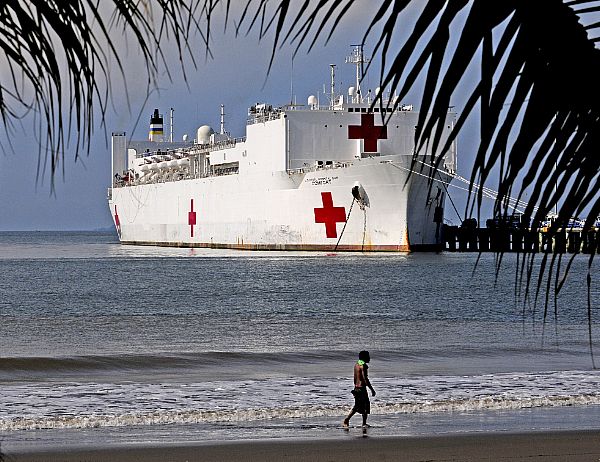US Military Global Health Engagement since 9/11: Seeking Stability through Health
Jean-Paul Chretien
Following the September 11, 2001 terrorist attacks, the US military expanded its global health engagement as part of broader efforts to stabilize fragile states, formally designating “medical stability operations” as use of Department of Defense (DoD) medical assets to build or sustain indigenous health sector capacity. Medical stability operations have included medical assistance missions launched by US Africa Command and in other regions, deployment of hospital ships to deliver humanitarian assistance and build capacity, and health-related efforts in Afghanistan and Iraq. The public health impact of such initiatives, and their effectiveness in promoting stability is unclear. Moreover, humanitarian actors have expressed concern about military encroachment on the “humanitarian space,” potentially endangering aid workers and populations in need, and violating core principles of humanitarian assistance. The DoD should draw on existing data to determine whether, and under what conditions, health engagement promotes stability overseas and develop a shared understanding with humanitarian actors of core principles to guide its global health engagement.

